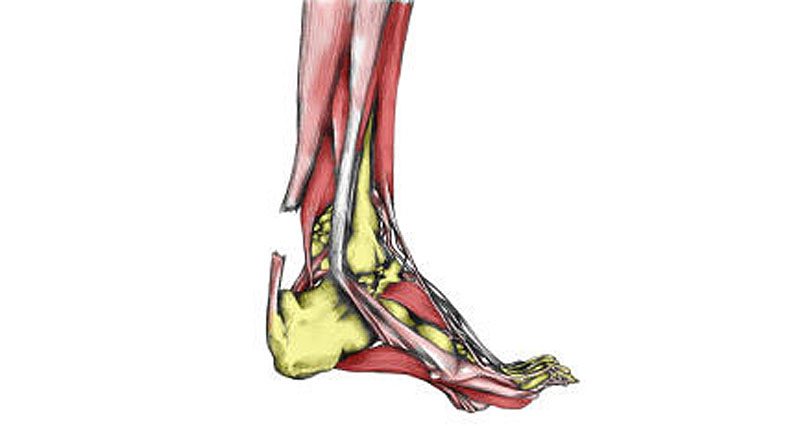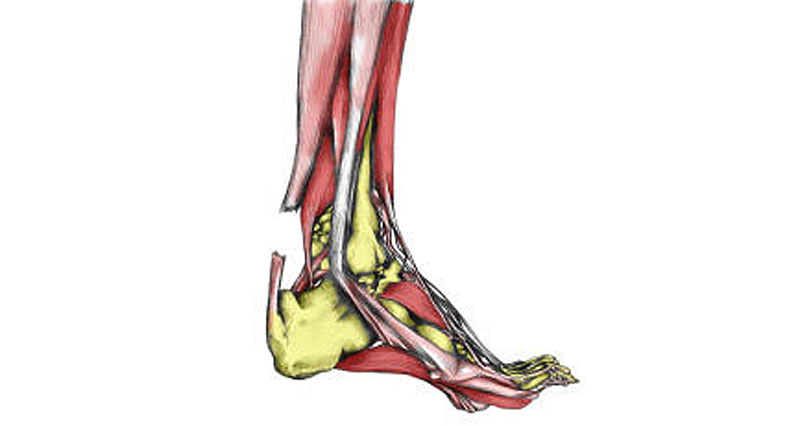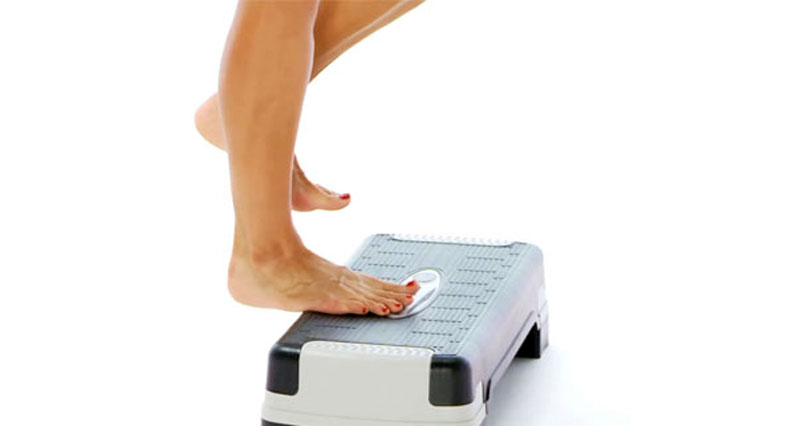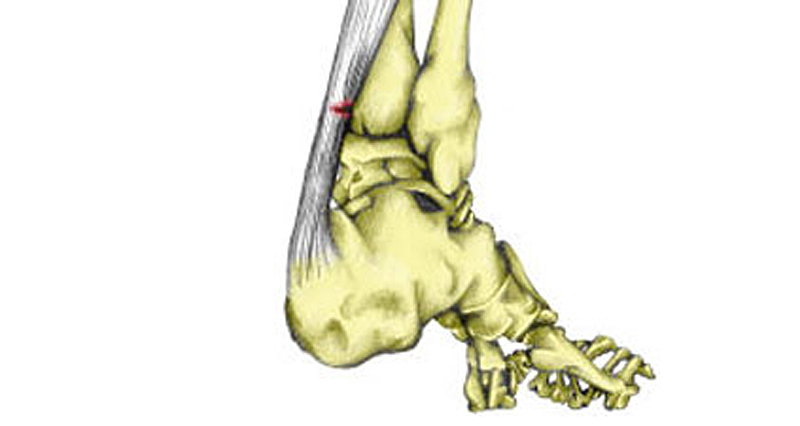Here are our top tips for preventing Achilles tendon ruptures. A complete tear or rupture of the Achilles tendon, thankfully rare, is a potentially career-ending injury. It is more common in men aged 30 to 50 and athletes who ignore long term Achilles pain.
Who is most at risk?
Who is most likely to suffer a complete rupture of the Achilles tendon? What early warning signs should you look out for?
Men over the age of 40
Preventing Achilles tendon ruptures in men over 40 is particularly important. They affect men roughly 10 times more than women, usually occur 30 to 40 minutes into a training session.
Ladies are still at risk, especially those who wear high heels all day. High heels adaptively shorten the calf muscles. As a result, when you wear flat running shoes, the muscles overstretch, increasing tendon strain.
As you get older, wear and tear on tissues increases and they become less elastic. If you have been a professional athlete or trained hard over many years, then wear and tear may occur sooner.
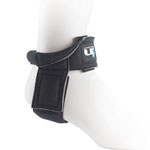
Buy Achilles Straps
Athletes who do explosive sports
Do you play sports involving quick changes in direction? For example, racket sports, boxing, rugby or football? Preventing Achilles tendon tears in these sports means proper conditioning to meet the demands of your sport.
It is common for athletes with a torn Achilles to think they have been kicked, or hit by a racquet. But when they turn around, there is no-one nearby.
Explosive forces transmitted through the tendon are significant. But combined with twisting or torsional forces, the strain is even higher.
Athletes who ignore Achilles pain
Recognising the early warning signs is a great way of preventing Achilles tendon ruptures. Take Achilles pain which develops over a number of days, weeks or even months very seriously.
Achilles tendonitis is a popular injury to struggle on with. Typically, pain and stiffness is worse in the mornings. It tends to wear off when you get moving and the tendon warms up.
The best advice for preventing Achilles tendon ruptures is to listen to your body. This is especially true as you get older. The days of your body learning to do as it is told maybe in the past for us more ‘experienced’ athletes.
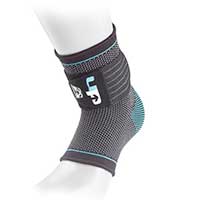
Buy Ankle Supports
Have you had a recent ankle injury?
A recent injury to the ankle may cause alterations or compensations in the way you walk, thus putting excessive strain on the Achilles tendon.
The pain felt from the ankle injury may mask any of the early warning signs associated with a grumbling Achilles injury and the resulting changes in force direction might be the ‘final straw’ to cause the tendon to snap.
Preventing Achilles tendon ruptures & overpronation
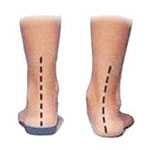
Overpronation is a where your foot flattens or rolls over too much when you walk or run. It is a very common condition and people who have it are often referred to as having ‘flat feet’.
There is some evidence to suggest that athletes who have flat feet are more prone to Achilles injuries compared to athletes that have higher arches in their feet.
The reason for this is that as the foot rolls over or flattens as it makes contact with the floor, it causes the ankle to roll inwards and change the angle of pull on the Achilles tendon.
The forces that are transmitted through the Achilles are significant enough but with the addition of a twisted or torsional force as well, this may lead to ruptures.
Athletes who have a naturally thinner Achilles tendon
A literature review has shown that there is moderate evidence that decreased tendon fibril (fibres that make up the tendon) size increases the risk of a rupture.
This could have developed over a number of years as a result of playing a sport or could just be an anatomical characteristic that you were born with.
Other factors include being overweight (the heavier you are the greater the forces through the tendon), taking certain medications such as quinolone (an antibiotic) or the use of oral corticosteroids.
So, what can I do if I am at risk?
Ok, so here are a few things to think about if you believe you are more at risk of suffering an Achilles tendon rupture:
Don’t ignore warning signs
If you are experiencing occasional or persistent Achilles pain, then seek help from a therapist to improve the healing.
Applying heat to a chronic injury can be beneficial and ensure stretching and strengthening exercises are part of your normal training routine.
Read more on Achilles tendonitis.
The key to treating tendinopathies is NOT to rest them completely. Reduce the amount of load that goes through them, then gradually progress with Hakan Alfredson’s heel drop exercises.
Get your foot biomechanics checked
A podiatrist can carry out a full biomechanical analysis and advise on whether you may need support in your shoes, called orthotics or if you need to do specific exercises to improve foot posture.
Many specialists running shops will offer a similar service when advising on the most appropriate footwear for your foot type and running style to buy.
If you suffer from tight calf muscles, then this can also affect how the foot and Achilles tendon work together. Regular calf stretching exercises can help.
Strengthening exercises
The Hakan Alfredson’s heel drop protocol is a 12-week intensive strengthening program that has been shown to be successful in rehabilitating chronic Achilles tendon injuries.
- The exercise regime gradually increases the load placed on the tendon, making it more resistant to injury.
- Exercises are done twice a day for 12 weeks.
- Pain may get worse before it gets better, but that is normal.
Get a regular sports massage
Although not guaranteed to prevent an Achilles rupture, massage can help keep the calf muscles in good condition and manipulate the Achilles tendon. An experienced massage therapist may be able to detect areas of tightness or abnormalities that may be potential risks for injury.
Many athletes recover from such a serious injury and have gone on to do amazing things. But prevention is always the best cure.
